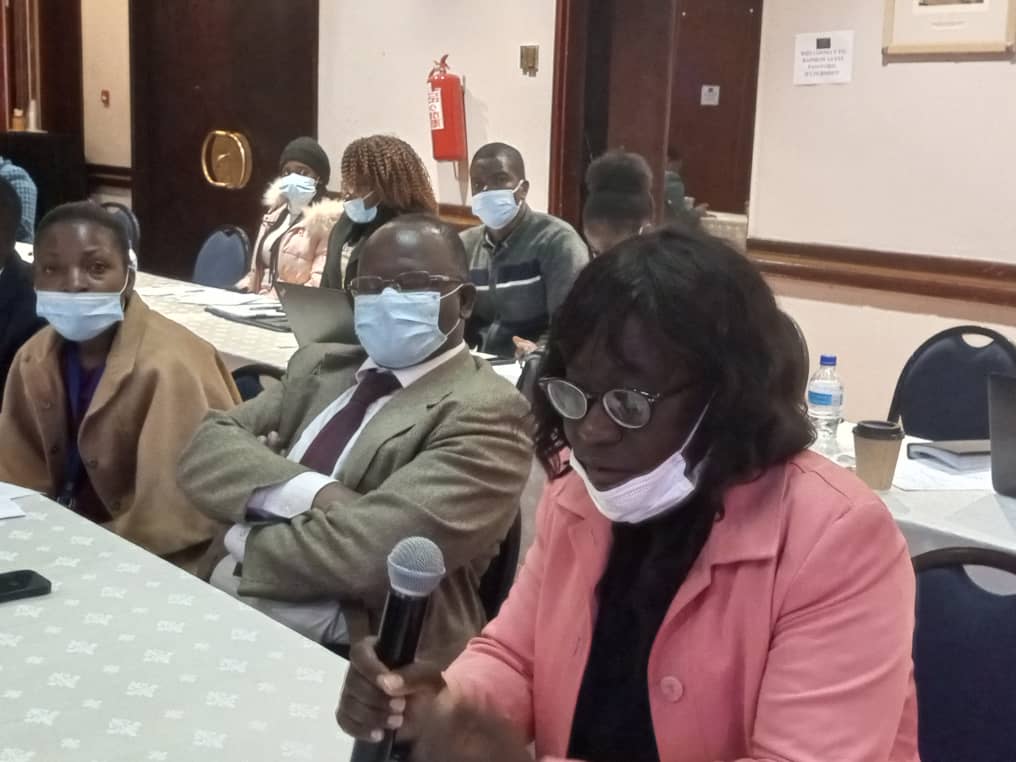|
Getting your Trinity Audio player ready...
|
Tertiary institutions of learning have been urged to domesticate, institutionalize, and commoditize sexual reproductive health and rights (SRHR) as well as comprehensive sexual education (CSE) and embrace sustainable funding mechanisms.
This emerged yesterday at a validation workshop on research findings on SRHR in tertiary education institutions that was conducted by Engineer Tafadzwa Mudondo, the Principal of Harare Polytechnic, and his partners across colleges and universities. The Education Coalition of Zimbabwe (ECOZI) facilitated the workshop so as to gather information to be included in the envisaged SRHR policy for the sector.
In her recommendations after the presentation of the findings, Ms. Rose Choruwa, the Principal Human Capital Planning and Skills Development Officer in the Ministry of Higher, and Tertiary Education, Innovation, Science and Technology Development said her ministry should harness the power of technology and put information on websites concerning SRH and CSE.
“Students with disabilities should also be considered. The ministry should come up with a policy on how to tackle SRH programmes in tertiary institutions. Learning institutions need to incorporate the costs of revamping the clinics into their budgets.
“The ministry should capacitate lecturers to teach sign language to people with disabilities who at the moment are being assisted through makeshift arrangements. There should be adequate staff to cater to people with disabilities,” Ms. Choruwa said.
It was observed that there might be a lack of knowledge on the proper use of condoms since there is a high demand for HIV self-test kits. On the other hand, there is a need to increase the human resources in clinics to cater to the large numbers of students.
In their contributions, students made a number of recommendations to be implemented while waiting for the enactment of the SRH policy for institutions of tertiary education.
The students said when orientation is done, most of them will be busy so a suitable day should be organized to teach SRHR and CSE.
“SRHR awareness campaigns should be organized. Clinics should have both male and female nurses to cater to SRH and CSE needs of the students,” one of the students said.
Research on the state of financing institutions revealed the need for statistics on how many students enroll and how many are able to complete their studies.
Engineer Mudondo said student loans are unsustainable so there was a low uptake. He said collaboration with the industry can help in financing students. He urged colleges and universities to constantly communicate with students who have acquired qualifications there so as to use that platform to source funds.
The Ministry is making efforts to ensure that institutions support each other. The was a call to assist the ministry to develop financing models for the higher and tertiary education sector.






